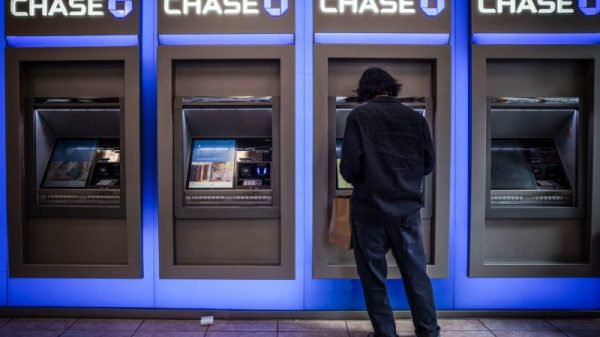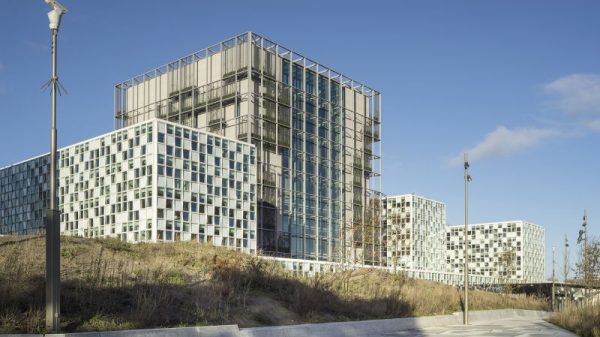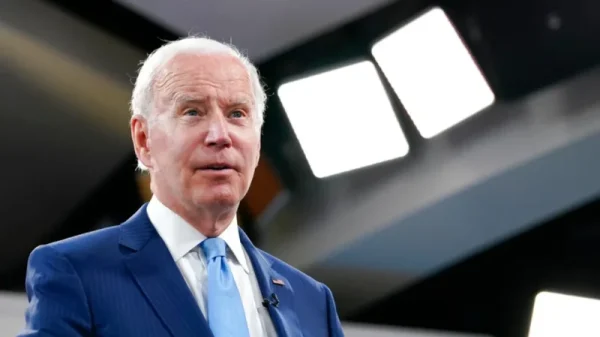Spiro, a startup looking to eliminate fuel-guzzling motorbikes and scooters from the roads by trading them in for electric two-wheelers, is expanding to Kenya.
Ahead of the first Africa Climate Summit, which kicked off in Kenya’s capital Nairobi today, the host government announced on Friday that the e-bike and battery-swapping startup would be entering the East African country with its biggest deployment yet: 1.2 million electric vehicles.
This marks a major milestone for the company founded in the West African country of Benin in 2022, says CEO Jules Samain – vastly increasing its fleet from the 10,000 bikes currently in operation across Benin, Togo and Rwanda. This autumn, the company will also begin its five-year rollout of 140,000 bikes in Uganda.
Crushing polluters
The process for drivers differs between countries. In Kenya, they will be offered 50,000 Kenyan shillings (about $344) – around a third of the price of a new electric bike – to swap their existing bike for an electric one. They can then pay a daily subscription of around 255 Kenyan shillings (about $2) which repays the outstanding balance and gives drivers access to battery-swap stations, where they can quickly switch out depleted batteries for fully charged ones.
Not only does the scheme reduce the number of petrol and diesel vehicles on the road and associated air pollution, but it also cuts costs for drivers in both fuel and maintenance, according to the company. The startup notes that some of its motorbike taxi drivers have reported profits rising from around $6 to $11 a day since joining the scheme.
A 2022 report from the FIA Foundation, an international transport and road safety charity, found that while the purchase price of electric motorcycles is currently greater than that of petrol-powered motorcycles, the operating costs are cheaper. It says that in many African countries, one liter of petrol will power a bike for about the same distance as one kilowatt-hour of electricity but will cost five to 10 times more.
The report adds that battery-swapping initiatives are key in making electric two-wheelers more affordable, because when an electric motorcycle is sold without the battery, it significantly reduces the initial purchase price.
But for battery-swapping to work, there needs to be “reliable and accessible charging infrastructure,” says Samain. “Before distributing the first bike, we build a network of swapping stations, and they aren’t placed randomly: we carefully study the terrain and position our swapping stations in both urban and rural areas, ensuring extensive coverage.”
Spiro has committed to building 3,000 of these stations across Kenya, meaning that drivers can rid themselves of range anxiety, while also contributing to building up the nation’s electric vehicle infrastructure. The company, which currently manufactures most of its bikes and scooters in China, has also agreed to establish a manufacturing base in Kenya to generate local jobs.
Kenya’s president William Ruto, speaking in the coastal city of Mombasa at the launch of the initiative, said: “It creates jobs and transfers knowledge, technology and skills to our market in a very sustainable way.”
Charging forward
According to the FIA Foundation, there were 27 million motorbikes registered in sub-Saharan Africa in 2022, rising from just 5 million in 2010, with around 80% of them used in the motorcycle taxi industry. The demand for two-wheelers is expected to grow even further, with a report from management consulting firm McKinsey estimating that electric and petrol motorbikes will make up over 45% of sub-Saharan Africa’s overall vehicle fleet by 2040.
McKinsey warns that with increased demand, second-hand motorized vehicles that don’t meet emission standards in other countries around the world might end up being sold in Africa, where there is weak regulation. To avoid the continent becoming a “dumping ground” for unwanted polluting vehicles, enabling affordable and reliable electrification will be key, it says.
Spiro, formerly known as M-Auto, is just one of the startups fueling this transition. Swedish-Kenyan startup Roam (formerly Opibus), which converts old vehicles to run off electric motors, opened East Africa’s largest electric motorcycle assembly plant earlier this year, while Ampersand has a fleet of around 1,000 bikes as well as a small network of battery-swap stations across Kenya and Rwanda. Last week, US company Uber also launched an electric motorbike service in Kenya, promising to roll out 3,000 bikes within six months.
But the scale of Spiro’s Kenya expansion dwarfs all existing fleets. “We’re surpassing the symbolic but significant milestone of one million electric bikes signed with a government,” says Samain. The startup has its foot on the accelerator, and by 2030, he wants it to be operating in at least 10 African countries.







































